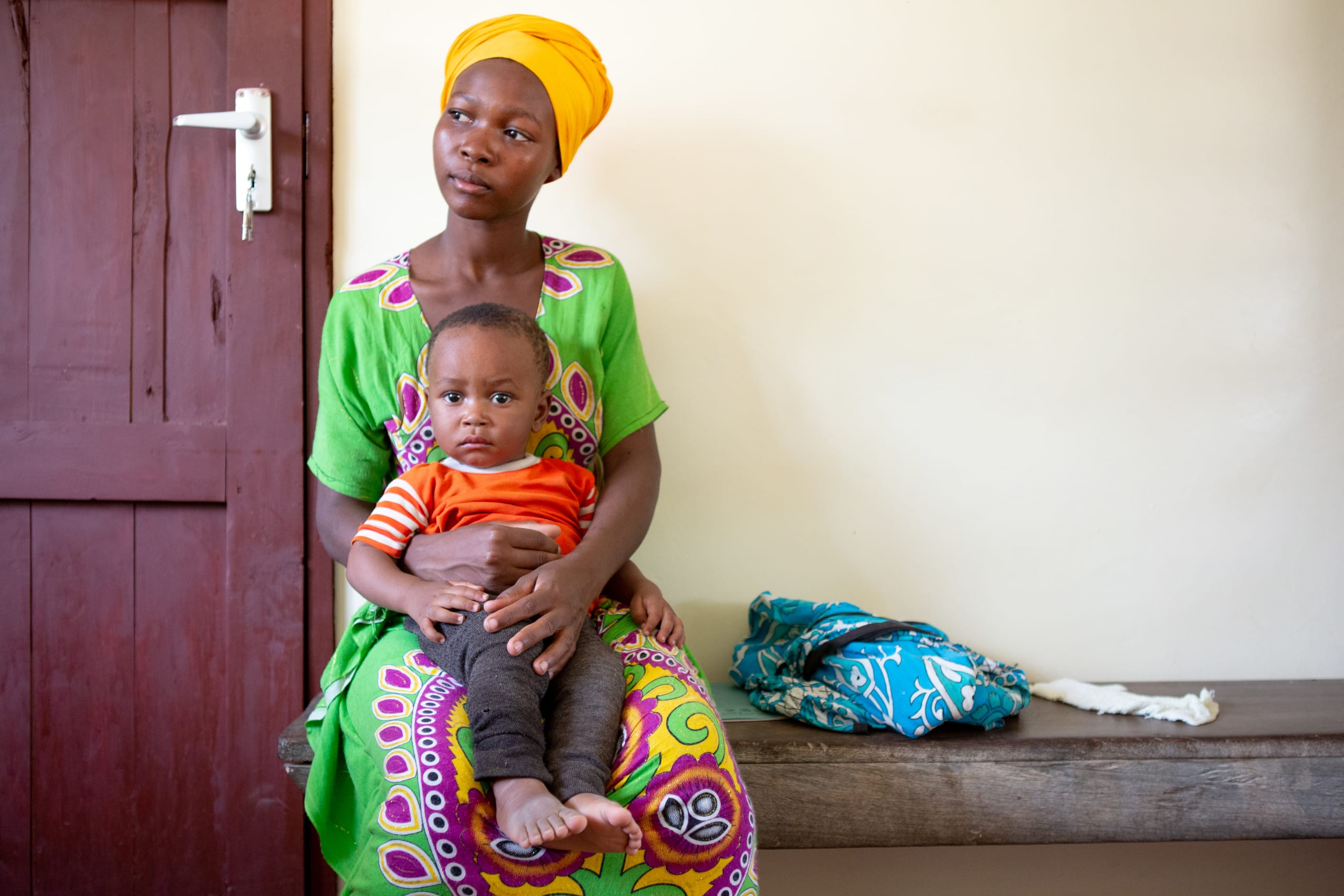PAI Provides Outside Witness Testimony for the U.S. Senate Committee on Appropriations

To support the achievement of its FP2030 commitments, the government of Côte d’Ivoire released its vision of the country where every couple and family has free access to quality family planning (FP) services that respect sexual and reproductive rights to support the growth and sustainable development of countries by 2030.
Given the impact of COVID-19 on donor resources for FP and the U.K. Foreign, Commonwealth & Development Office aid cuts, domestic resource mobilization for FP has become more important than ever. Côte d’Ivoire recently approved its FP2030 commitments, including a financial commitment to allocate 2.5 billion West African CFA francs (FCFA) in the annual budget for contraceptive commodities by 2025. In addition, a new National Budgeted Action Plan for Family Planning 2021-2025 (PANBPF) was released by the Ministry of Health and Public Hygiene (MoHPH) in December 2021, which provides details on the government’s plans for increasing and spending domestic resources on FP supplies and services.
In addition to the new PANBPF, Côte d’Ivoire’s Open Government Partnership National Action Plan 2020-22 includes two commitments on the transparency of FP budget data, thanks to the involvement of PAI’s partner, Initiative pour la Justice Sociale la Transparence et la Bonne Gouvernance en Côte d’Ivoire (SOCIAL JUSTICE), in developing the plan. These two commitments (numbers 8 and 9) are taken directly from their advocacy objectives for PAI’s Government Accountability for Family Planning Budgets project. Commitment 8 requires the MoHPH to create a specific budget line for FP commodities called “Purchase of Contraceptive Products,” and Commitment 9 requires the MoHPH to publish budget data (allocations and expenditure) on the procurement of contraceptive products on its website.
Côte d’Ivoire’s Performance on the FY 2021 FP Budget Scorecard
Developed by SOCIAL JUSTICE and Mission des jeunes pour l’Education la Santé la Solidarité et l’Inclusion (MESSI), in collaboration with PAI, this scorecard is an advocacy and accountability tool highlighting the findings of the organizations’ FP budget tracking using the Common Framework, a set of indicators used for monitoring government spending on FP. In addition to data on indicators, the scorecard evaluates the transparency of FP budget data. The scorecard is a product of PAI’s Government Accountability for Family Planning Budgets initiative.
According to the most recent budget tracking data, there was no government allocation for FP products in fiscal year (FY) 2017, then the government allocated FCFA 500 million in FY 2018. However, instead of increasing this allocation by 10% in the next fiscal year, the allocation decreased to FCFA 400 million in FY 2019 and remained the same in FY 2020 and FY 2021.
The government of Côte d’Ivoire must be commended for allocating FCFA 551.8 million to FP programs in FY 2021, which was a sharp increase from the FCFA 108.5 million allocated in FY 2020. The government is commended for allocating funds to both FP programs and commodities, as many governments do not directly fund FP programs and rely fully on donors to do so. The government is also commended for publishing the national budget (Loi de finances) online.
Recommendations to strengthen government ownership of Côte d’Ivoire’s FP programs and to improve the transparency of FP budget data include:
Other Country Scorecards
We are fighting back against the onslaught of harmful policies that discard reproductive rights.
Stay informed about the issues impacting sexual and reproductive health and rights.
